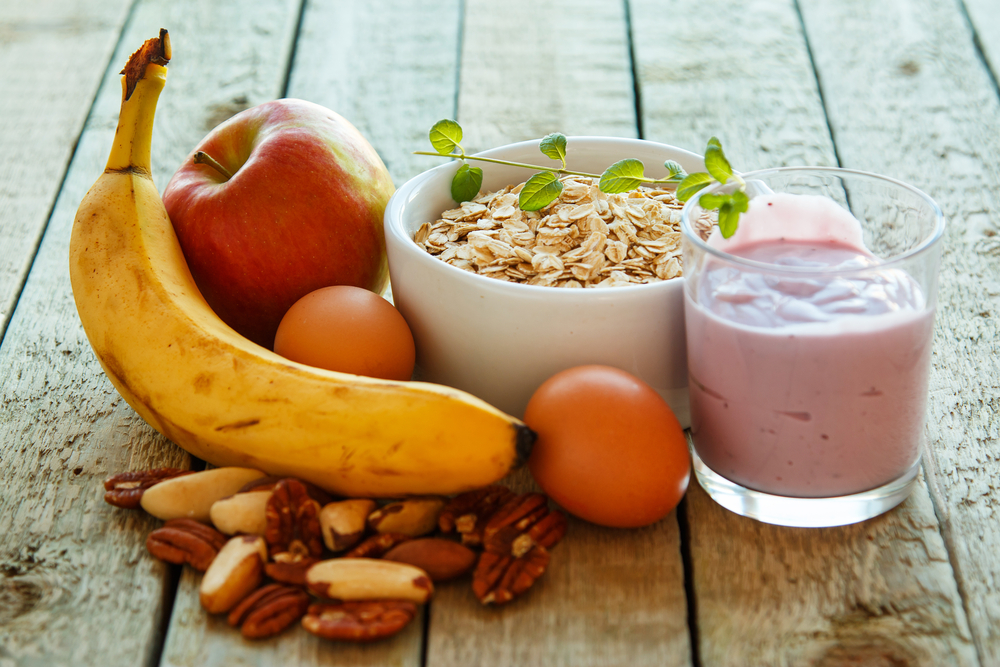We’re tackling the myth of what you can and cannot have for breakfast for a healthy lifestyle.
Breakfast has become a very controversial topic with millions skipping it for different reasons, and they are all wrong. It is in fact the most important meal of the day and for a good reason, it gives you the energy you need to do your job. You go to work after breakfast, and usually have a small lunch by the time half your workday is done, this is why breakfast is essential.
Some people drop the early meal to lose weight, but don’t know that one would’ve already burned up their morning meal by noon. And if you don’t have a breakfast, you’ll definitely be worn out and hungry well before lunchtime. But by then, most things you eat are at risk of being stored.
Never miss out on the chance to kick-off your day with a yummy meal or snack. Here’s what specialists recommend.
What you should have for breakfast:
You will want to have something with a lot of protein, and maybe even something sweet. The sugar will energize you but be burnt out by lunch. Eggs is a great way to start your morning. In fact, eggs help regulate blood sugar and insulin levels, and is said to limit the calorie intake of your meal after. Cottage cheese is also a great breakfast food, along with Greek yogurt. Both are great sources of protein.
You would also want to eat a lot of fibers, oatmeal, chia Seeds, and flax seeds are great fibers that can be eaten in so many ways.
If you’re having an early sweet tooth, berries, fruits and nuts are sweet and great early in the morning.
What you shouldn’t have for breakfast:
To your surprise, many breakfast foods are actually not that healthy in the morning. Some are even not healthy at all. First of all, dump the breakfast cereal, both for yourself and your children. Regardless of the package says, usually whole grain and includes vitamins, cereals are processed and only contain traces of whole grain, and the nutrients are artificially added.
It is also smart to stay away from the “no-sugar, no-fat” isle. Products like flavored non-fat yogurt usually contain a lot more sugar than regular yogurt.
And unless you have gluten intolerance, don’t have gluten-free breakfast foods, especially if they are processed.




